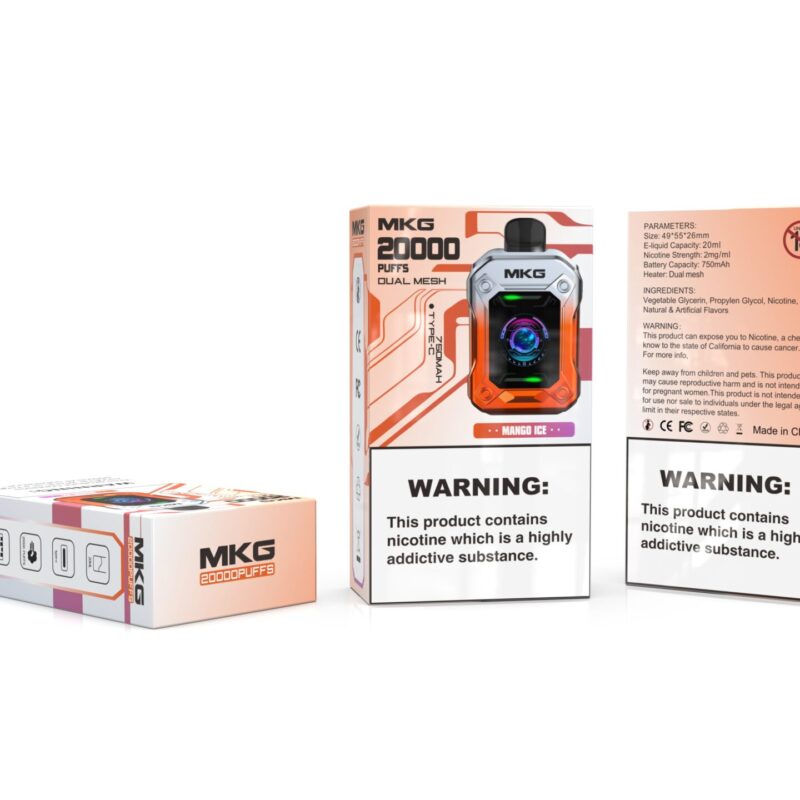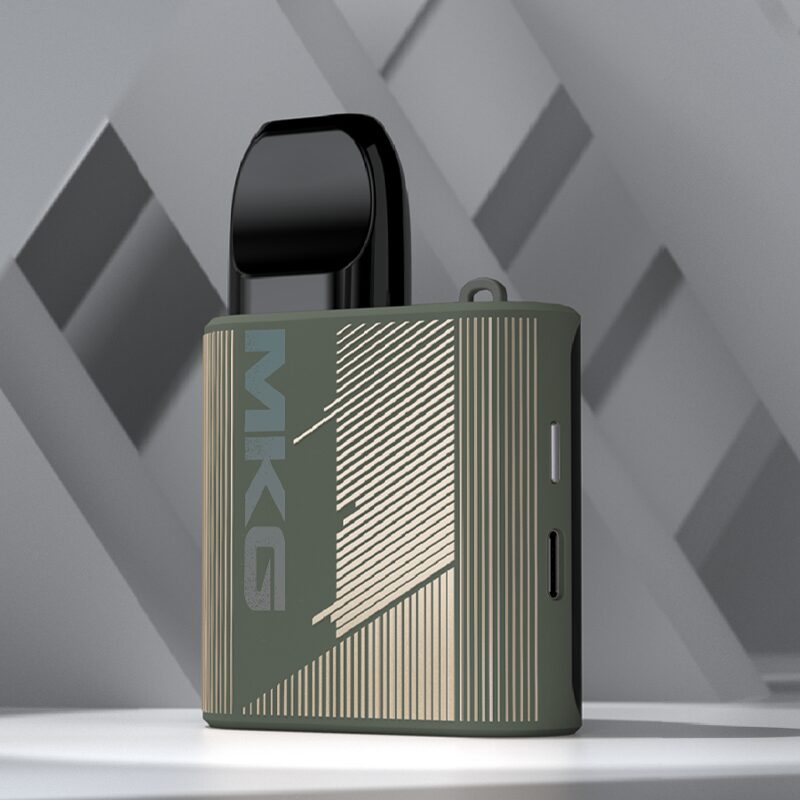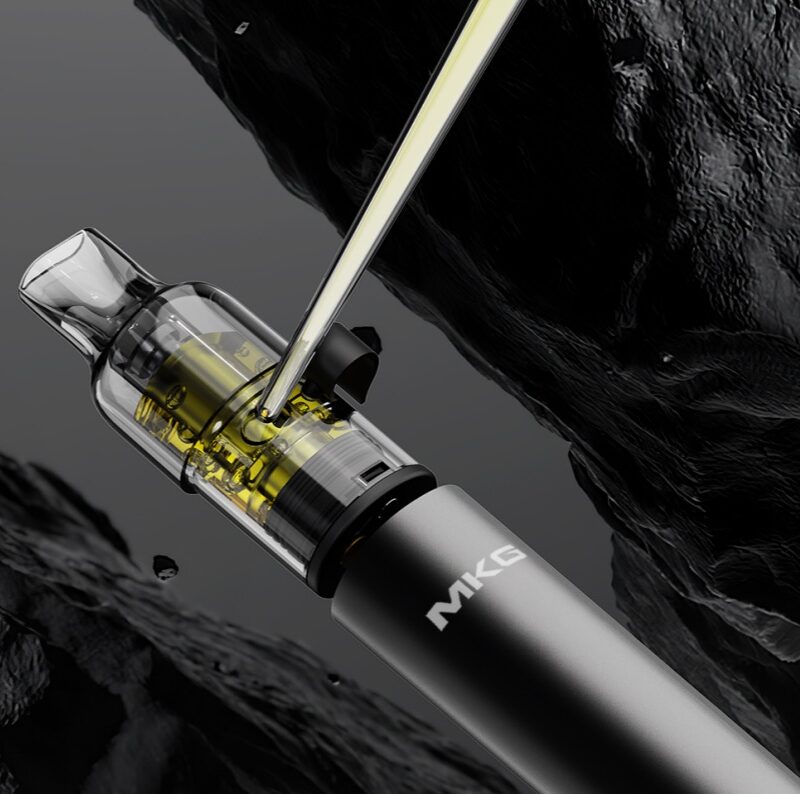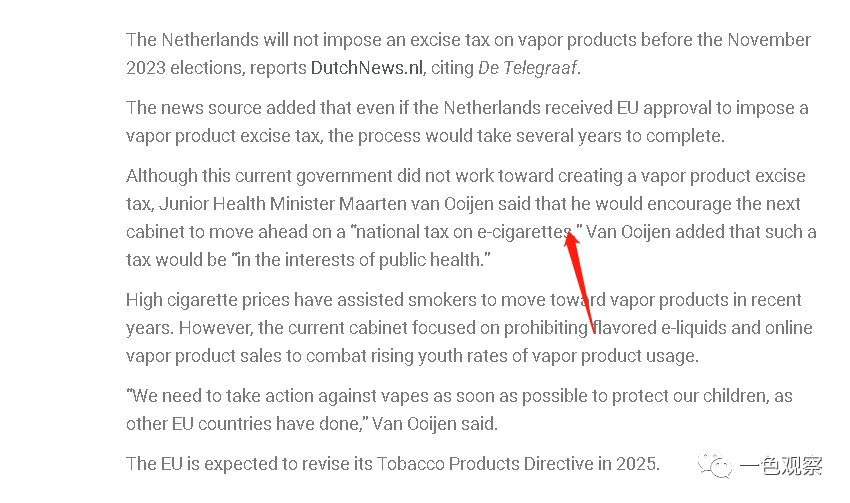(Vaping changes in the Netherlands?)
Meanwhile, other EU countries have introduced their own local taxes, and the Netherlands has introduced similar measures on other unhealthy products, such as soft drinks.
It seems that the Netherlands has not decided whether to impose taxes at least in November. But at the same time, relevant sources added that even if the Netherlands obtains EU approval to impose an excise tax on steam products, the process will take several years to complete.
In the Netherlands, young people are using e-cigarettes very quickly, with 20% of young people using them in the past year. This is still common, and Internet sales are also booming. At the same time, in the Netherlands, the cost of e-cigarettes is much lower than that of traditional cigarettes, basically the difference is 6 euros and 11 euros.
In this regard, the current Deputy Minister of Health of the Netherlands, Maarten van Ooijen, said that he will encourage the next government to implement a “national tax on e-cigarettes.”
The Netherlands has been maintaining the development of e-cigarettes, and its flavor ban has been postponed many times. This time it is postponed to 2024, and the ban is extended to reloadable e-cigarettes and disposable e-cigarettes. At the same time, according to this ban on flavors, it is expected that about a quarter of the tobacco flavors currently on the market in the Netherlands can continue to exist, but after recalculation, it is estimated that only 2% to 23% of the flavors can continue to be used by manufacturers.
The Netherlands, with a population of more than 17 million, is in the northwestern part of Europe and is close to Germany and Belgium. Its electronic atomization market is also very active. At the same time, this country has always controlled smoking. From supermarkets and convenience stores to supermarkets and gas stations, there may be restrictions in the future. It also continues to increase the price of cigarettes, causing users to flock to e-atomizers in large numbers. At the same time, more than 3 million people in this country are traditional smokers, which is a huge development space for electronic atomization. What is also concerning is that the export value of e-cigarettes from China to the Netherlands has been growing since July and August. According to Chinese customs data, it is in the range of about 100-300 million, indicating that China still exports a lot of e-cigarettes to the Netherlands. This country also illustrates the status of the market.


























